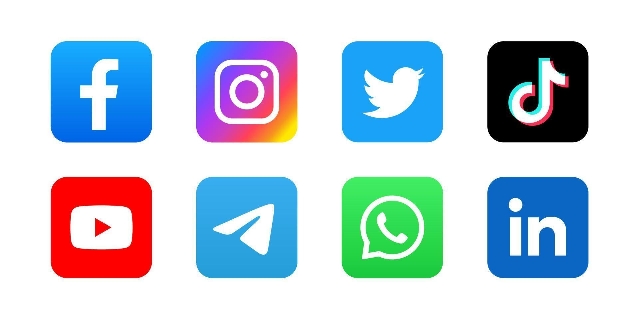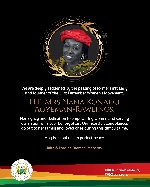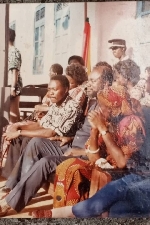Breaking the silence: How social media is transforming the fight against sexual and domestic violence
 Social Media
Social Media
Once confined to whispers and hidden behind closed doors, cases of sexual abuse and domestic violence are now finding their way to the world’s most public stage — social media.
Across Africa, survivors are reclaiming their voices online, using platforms like X (formerly Twitter), TikTok, and Facebook to tell their stories, expose abusers, and demand justice.
The internet has become a lifeline, a place where silence is broken and the once unheard finally find community, courage, and change.
For many survivors, social media offers something traditional systems often fail to provide which is immediate visibility and support.
A post, video, or thread can reach thousands within hours, rallying public sympathy and mobilising responses that might have taken months offline.
When survivors share their experiences online, it creates awareness, sparks conversations, and puts pressure on institutions to act.
In many cases, social media becomes the first step toward justice, giving victims control over their own narratives and connecting them to others who understand their pain.
Hashtags like #me Too, #EndDomesticViolence, and #ProtectOurGirls have become rallying points for advocacy.
Online campaigns have inspired communities to speak up, encouraged survivors to seek help, and pushed leaders to strengthen laws protecting women and children.
Across the region, several reports of abuse have surfaced on social media, leading to public condemnation and, in some cases, swift intervention by authorities.
Beyond personal stories, social media has also strengthened collective activism.
Advocacy groups, media platforms, and institutions now use their online spaces to share hotline numbers, raise awareness, and educate the public about reporting procedures.
Journalists and influencers play an increasing role by amplifying verified stories and encouraging accountability.
What begins as a simple post often evolves into broader discussions about gender, safety, and justice.
Despite its power, social media can be both a shield and a sword.
Survivors who speak out sometimes face harassment, victim-blaming, or emotional distress.
Unverified claims and misinformation can also circulate quickly, risking harm to both victims and investigations.
While the internet cannot replace formal justice systems, it has made it much harder for them to ignore survivors’ voices.
From online movements to awareness campaigns, the digital age has redefined how abuse is reported and discussed.
Stories that once ended in silence now echo across timelines, forcing society to confront the realities of sexual and domestic violence.
As social media continues to evolve, so does the pursuit of justice.
Every hashtag, every post, and every shared story is a declaration that silence is no longer an option.
In this new era of digital activism, survivors are not just telling their stories but are rewriting the narrative.
Trending Features

Nana Konadu Agyeman-Rawlings, the catalyst for women’s empowerment in Ghana
12:44
British-Ghanaian lawyer Bianca Akweley Clinton marks 20 years at the Bar
19:02
The death of critical thinking and the rise of collective stupidity as an existential threat
08:32
Cybersecurity and Constitutional Order: Why ILAPI calls for redress before Ghana’s Cybersecurity (Amendment) Bill becomes law
23:32
Cedi at 60: What you need to know about Ghana’s legal tender
15:04
From shells to screens: Experience 60 years of the Ghana cedi in augmented reality
10:38
Hair, discipline, and identity: The debate over SHS haircut rules in Ghana
10:07
Tribute to Nana Konadu Agyeman-Rawlings
13:07
Leveraging Analytics to Optimise Ghana’s Energy Grid
12:29
Ending child marriage — Beyond hashtags and promises
11:42



